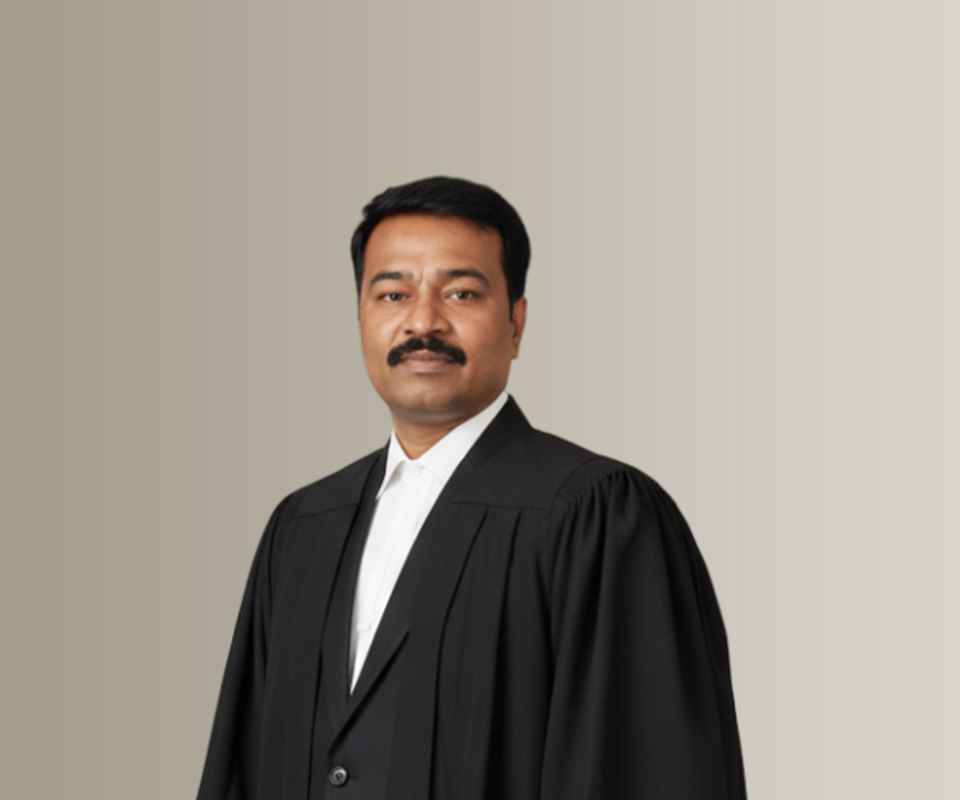Answer By law4u team
Bharatiya Nagarik Suraksha Sanhita, 2023 - Section 286: Record in summary trials
In every case tried summarily, the Magistrate shall enter, in such form as the State Government may direct, the following particulars, namely:—
- (a) the serial number of the case;
- (b) the date of the commission of the offence;
- (c) the date of the report or complaint;
- (d) the name of the complainant (if any);
- (e) the name, parentage and residence of the accused;
- (f) the offence complained of and the offence (if any) proved, and in cases coming under clause (ii), clause (iii) or clause (iv) of sub-section (1) of section 283, the value of the property in respect of which the offence has been committed;
- (g) the plea of the accused and his examination (if any);
- (h) the finding;
- (i) the sentence or other final order;
- (j) the date on which proceedings terminated.
Brefe Detail
Section 286 of the Bharatiya Nagarik Suraksha Sanhita, 2023, outlines the requirements for record-keeping in summary trials. It mandates that a Magistrate document specific particulars regarding each case tried summarily, including details about the offence, the accused, and the outcome of the trial. This structured record-keeping aims to ensure transparency and consistency in the judicial process.
Question & Answers
Q1: What must a Magistrate enter in every case tried summarily?
A1: The Magistrate must enter particulars such as the serial number of the case, dates of the offence and report, names of the complainant and accused, details of the offence, the plea of the accused, the finding, the sentence, and the termination date of the proceedings.
Q2: Are there specific formats for recording these particulars?
A2: Yes, the particulars must be entered in a form as directed by the State Government.
Q3: What details about the accused need to be recorded?
A3: The name, parentage, and residence of the accused must be recorded.
Q4: Is the value of property relevant in the records?
A4: Yes, in certain cases, the value of the property related to the offence must be recorded if applicable.
Q5: What is the purpose of maintaining these records in summary trials?
A5: The purpose is to ensure transparency, consistency, and accountability in the judicial process.
Example
1. Example of Record-Keeping: In a summary trial for a theft case, the Magistrate would record the case's serial number, the date the theft occurred, the date the complaint was filed, the names of the complainant and accused, details of the theft, the accused's plea, the finding, the sentence imposed, and the date the trial concluded.
Summary
Section 286 emphasizes the importance of detailed record-keeping in summary trials, ensuring that all relevant information about the case and the parties involved is systematically documented for accountability and clarity in the judicial process.







